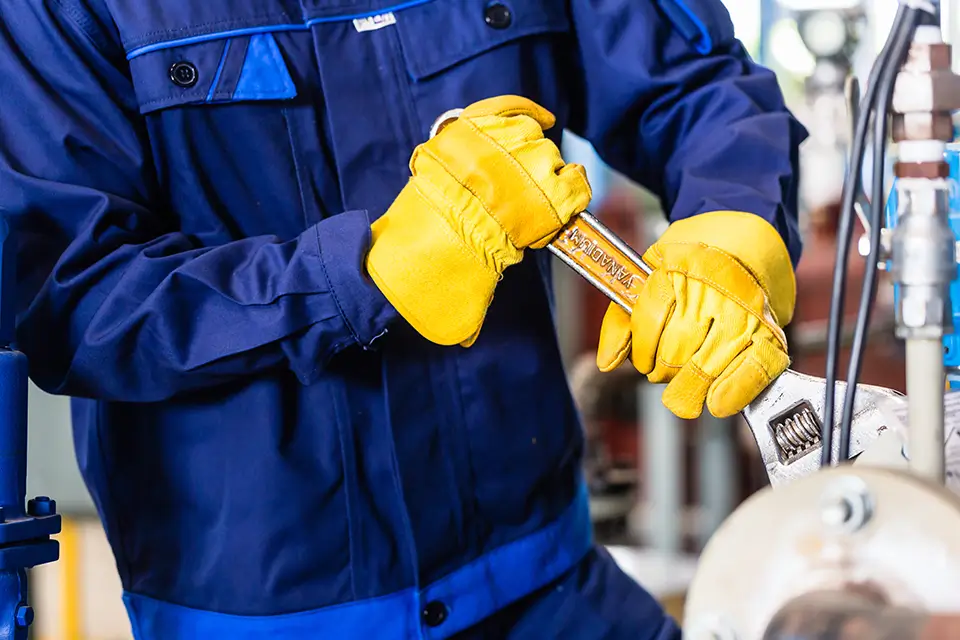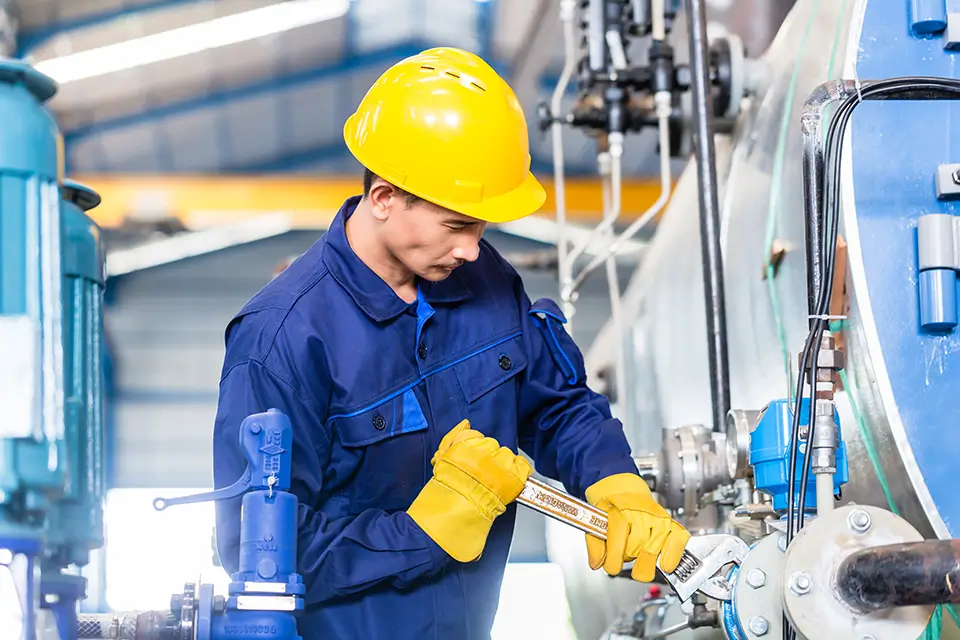The U.S. manufacturing industry, a powerhouse since its rise during the Industrial Revolution in 1820, has endured challenges from the Great Depression to the Great Recession. Today, at a time when business has become more global than local, manufacturers are faced with the ongoing challenge of staying ahead of ever-evolving industry standards and regulations, striving to maintain compliance while optimizing operations.
Consider Anheuser-Busch, a leading beverage company that has long prided itself on quality and tradition. Recently, the leadership team recognized that keeping up with evolving industry standards required more than just hard work and tenacity—it needed a technological overhaul. Navigating a complex and shifting regulatory landscape, managing extensive documentation, and ensuring consistent quality control are daily hurdles. The fast-paced global market demands agility and innovation, compelling manufacturers to rethink traditional approaches.
After investing in technology to improve work instructions and shift their SOPs from a traditional format to video SOP, Anheuser-Busch succeeded in decreasing employee time to proficiency by 80%.
To meet these advancing challenges, decision-makers and industry leaders are increasingly turning to artificial intelligence (AI). From predictive analytics to AI-powered video training platforms with AI quizzing, like that from DeepHow, the integration of AI in manufacturing not only optimizes operations but also plays a major role in ensuring that firms can keep up with the dynamic regulatory environment.

Currently, manufacturing leaders are under immense pressure to meet the challenges posed by evolving industry standards. These standards are not static; they continually adapt to reflect advancements in technology, changes in regulatory requirements, and rising consumer expectations for quality, safety, and sustainability.
The International Organization for Standardization (ISO), for example, reviews its standards every five years and usually issues a new version three to five years later. These changes are often significant and are intended to be relevant to current best practices. Additionally, since 1981, the federal government has issued at least one manufacturing-related regulation each week, with the bulk coming from the Environmental Protection Agency (EPA). Safe and healthy working environments are ensured through regulation. However, the sheer volume of policies and inefficiencies in the process have increased the burden on manufacturing operations.
These evolving standards need continuous monitoring and adaptation by manufacturing firms. Failure to comply can result in hefty fines, reputational damage, and operational disruptions.
Traditionally, compliance has been managed through manual processes, which are often time-consuming and prone to human error. The complexity of regulatory requirements, coupled with the need for real-time data and rapid response, makes manual compliance increasingly impractical. This is where AI steps in, offering a smarter, more efficient approach to managing compliance.

AI technologies, such as machine learning and predictive analytics, are revolutionizing quality control processes in manufacturing. By leveraging vast amounts of data generated on the production floor, AI can identify patterns and anomalies that human inspectors might miss. This proactive approach ensures that potential issues are detected and addressed before they escalate, thereby maintaining product quality and compliance with industry standards like ISO.

One of the lesser-known but highly effective applications of AI in manufacturing is AI quizzing. This innovative approach can help manufacturing firms stay agile and compliant with evolving industry standards and regulations by continuously updating training content and assessments. Among the benefits of AI quizzing:

According to a survey by the Manufacturing Leadership Council, almost all manufacturers expect to increase AI investments in operations by 2030, with 20% saying they expect investments to increase from 50% to more than 100% in the coming years. For manufacturing leaders and decision-makers, implementing AI to meet evolving industry standards requires a strategic approach. Here are some best practices to consider:

The integration of artificial intelligence in the U.S. manufacturing industry represents a significant leap forward in meeting the demands of evolving industry standards and regulations. As AI continues to transform quality control, predictive maintenance, process optimization, and regulatory compliance, manufacturers are better equipped to navigate the complexities of the global market. By adopting AI technologies and following best practices, industry leaders can ensure operational excellence, maintain competitiveness, and foster a culture of innovation. Embracing AI is not just a response to current challenges but a strategy for future success, enabling the manufacturing sector to thrive in a changing landscape.

Start capturing, structuring, and activating your expert
knowledge today with a 14-day unlimited free trial.